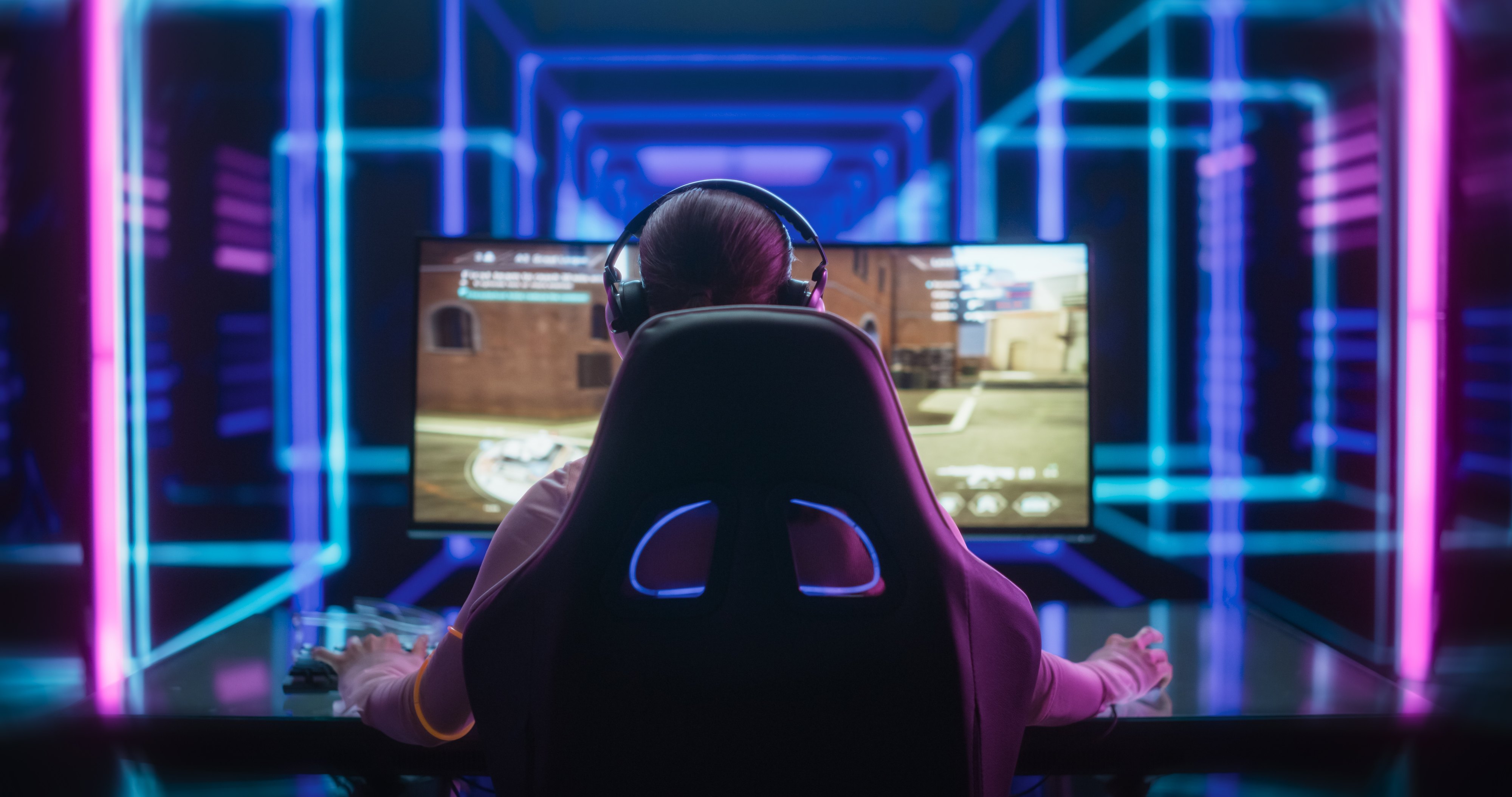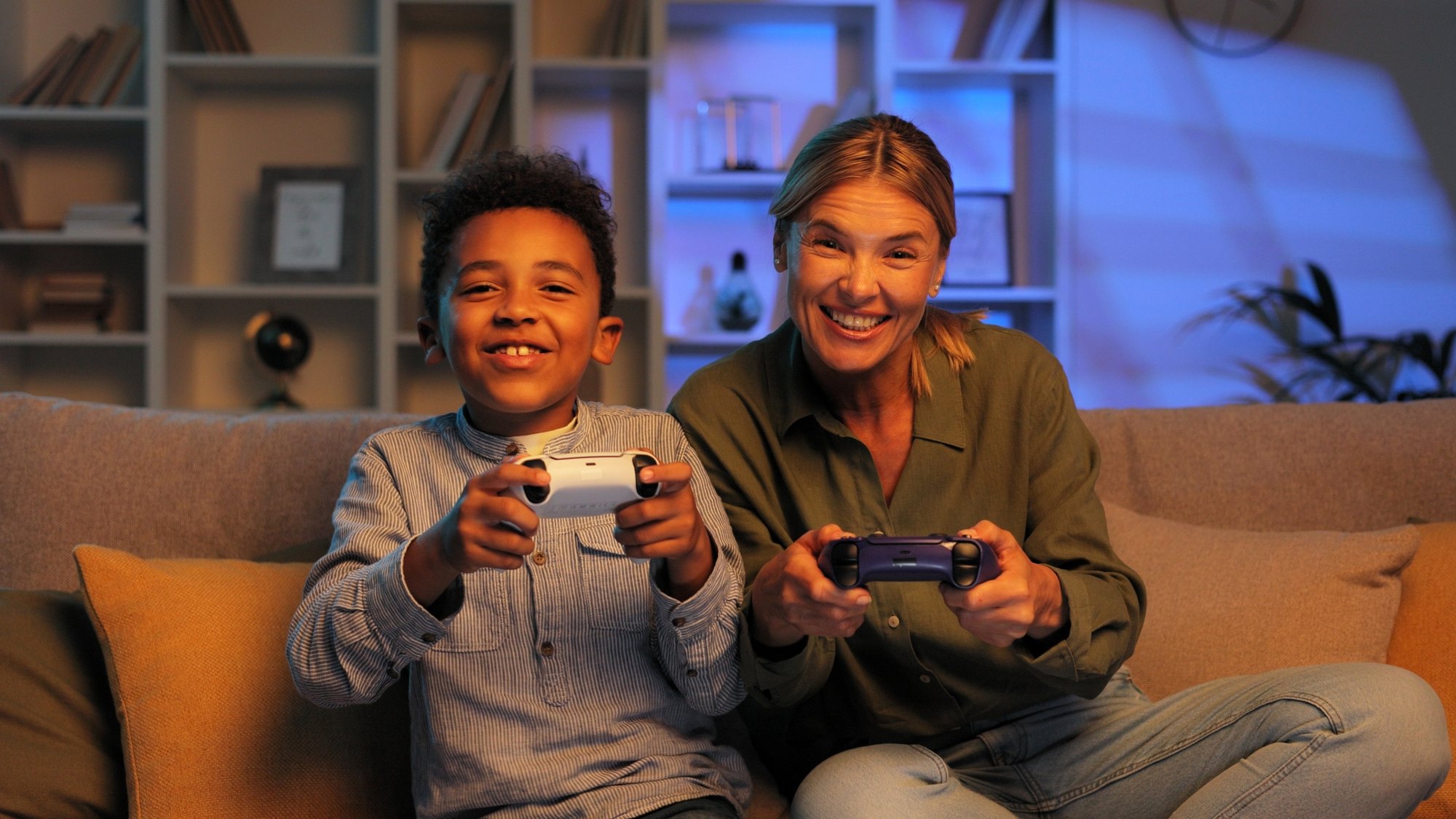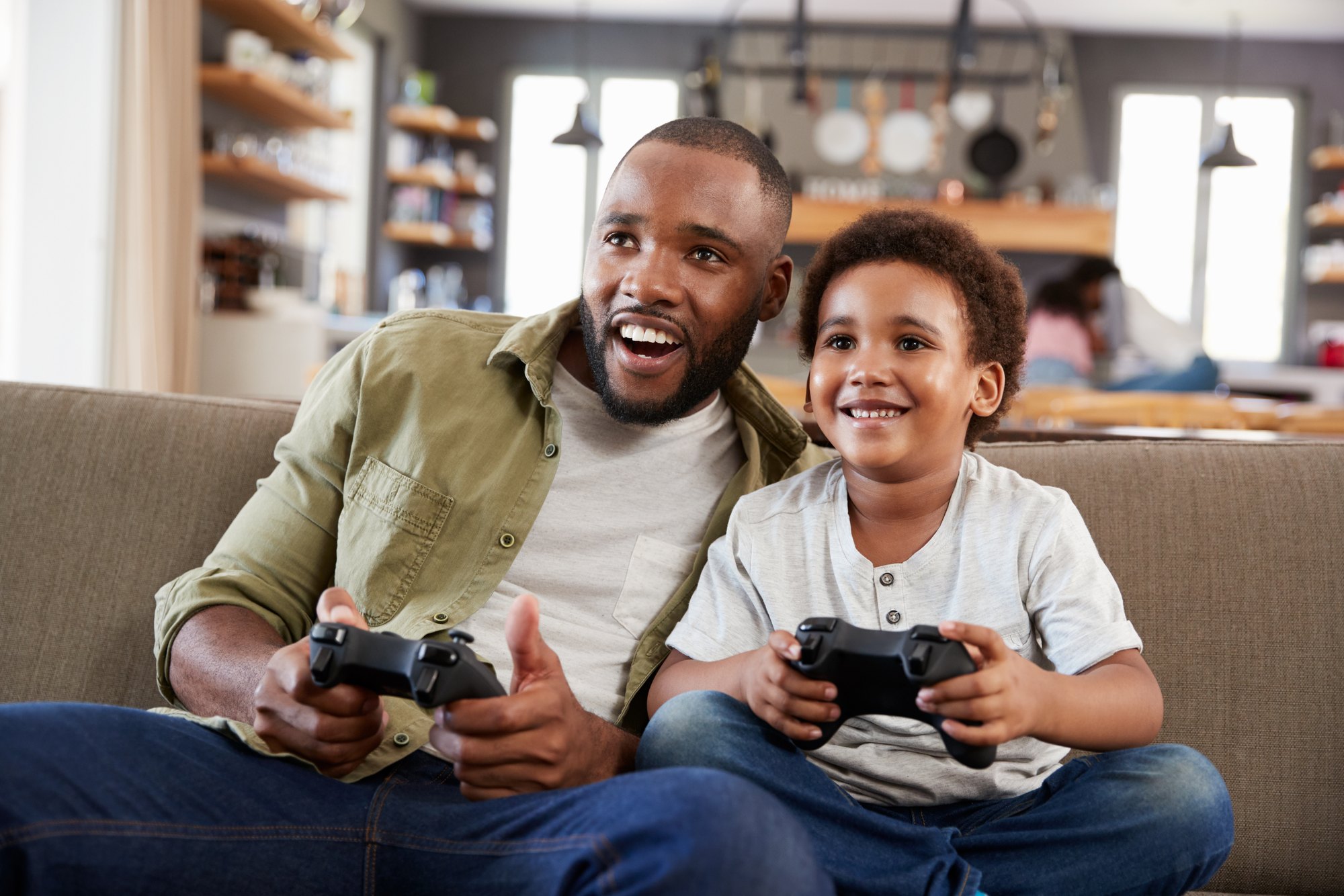
The Real Benefits of Esports
Look up the phrase “esport” in the dictionary and it describes it as “the activity of playing computer games against other people on the internet, often for money, and often watched by other people”. While it can seem like a passing fad, it’s actually a rapidly growing industry with large prizes and professional teams.
However, parents are understandably cautious when children use esports as the reason they need to plough lots of hours into a particular game. It seems strange to put a video game on a par with other sports. What should the response be if your child wants a career in esports?
A good starting point is to consider the skills and fitness you need to play a video game at the top level. Although this is closer to Chess or Darts than Football or Rugby, players still need to have fit and healthy bodies to support their mental performance and quick reactions. Playing one of the popular esports games, like Rocket League, Counter-Strike: Global: Offensive or Fortnite, requires players to deal with systems on multiple levels. They need to be proficient at controlling their character in the game, alongside keeping track of what their teammates and opponents are doing. Then there is how the game world is dynamically changing as the match develops.
At the top of esports, teams approach this in a holistic way. They work on their physical fitness to ensure they are in peak condition to execute moves and react quickly. They work on their mental health to ensure they not only can think clearly but can cope with failure and build a career in the long term. Then there are the interpersonal skills to ensure they are communicating precisely with teammates both on and off the field.

Maximising The Benefits For Your Child
Rather than hope children grow out of a passion for a particular game, parents and carers can have a crucial role in steering a child towards success and ambition for their play. Here are some suggestions, but applying the sort of thinking you might have if they were into a physical sport or musical instrument is a good baseline.
Watch Them Play: Understanding what the game is actually like to play is a good first step. Parents often think that children don’t want them invading their gaming space, but kids usually love it when a parent or carer shows this kind of interest.
Identify Improvement: Working with your child to help them identify areas they need to improve can be really useful. Not only will they perform better, but you teach them how to reflect and learn in general. Watching replays of matches together, something most modern consoles offer, can be a great way to do this.
Wider Support: Drawing on resources from the world of sport and mental health, whether that’s training advice videos or books on Sports Psychology, is a great way to help them discover non-screen elements to improve their performance. A part of this can be how they cope with losing and reframing those losses as opportunities to improve.
Follow Through: Helping them make a plan about the activities they need to do both on and off the screen is a great help from parents. This not only ensures they stick to their goals but teaches them the value of being systemic and applying themselves in the long term.

Keeping Things Fun
Having gotten involved with this side of your child’s love of esports creates space to ensure they keep things healthy. As with any top esports professional, there’s no benefit in playing too many hours at the expense of other areas of your life. Balance and enjoyment are a key element for them to persevere and do well in their chosen hobby.
As outlined by this helpful Internet Matters resource, this can include agreeing together how long they should play each day and setting automatic limits on their Console or PC. The aim of this isn’t just to restrict their play but to ensure they have space for the other activities we’ve described above.
With the International Olympic Committee recently announcing the inaugural Olympic Esports Games for 2025, and universities offering scholarships to play esports, it’s a pursuit that is fast coming to the mainstream. If you have a child with ambitions in this area of life, there are lots of opportunities to help them and many benefits that come from their passion to compete at the highest level.
Author: Andy Robertson, is a family gaming expert who appears in The Guardian, BBC and national broadcasts. He wrote the Taming Gaming book for families.
POWER UP YOUR PRESENTS
EE can help you get everything you need from consoles, to games, to connectivity.
Go to the EE Game Store